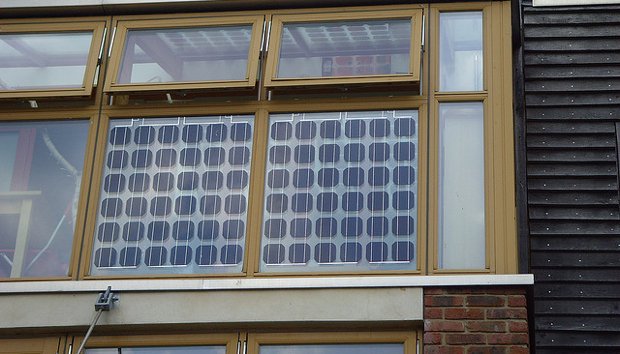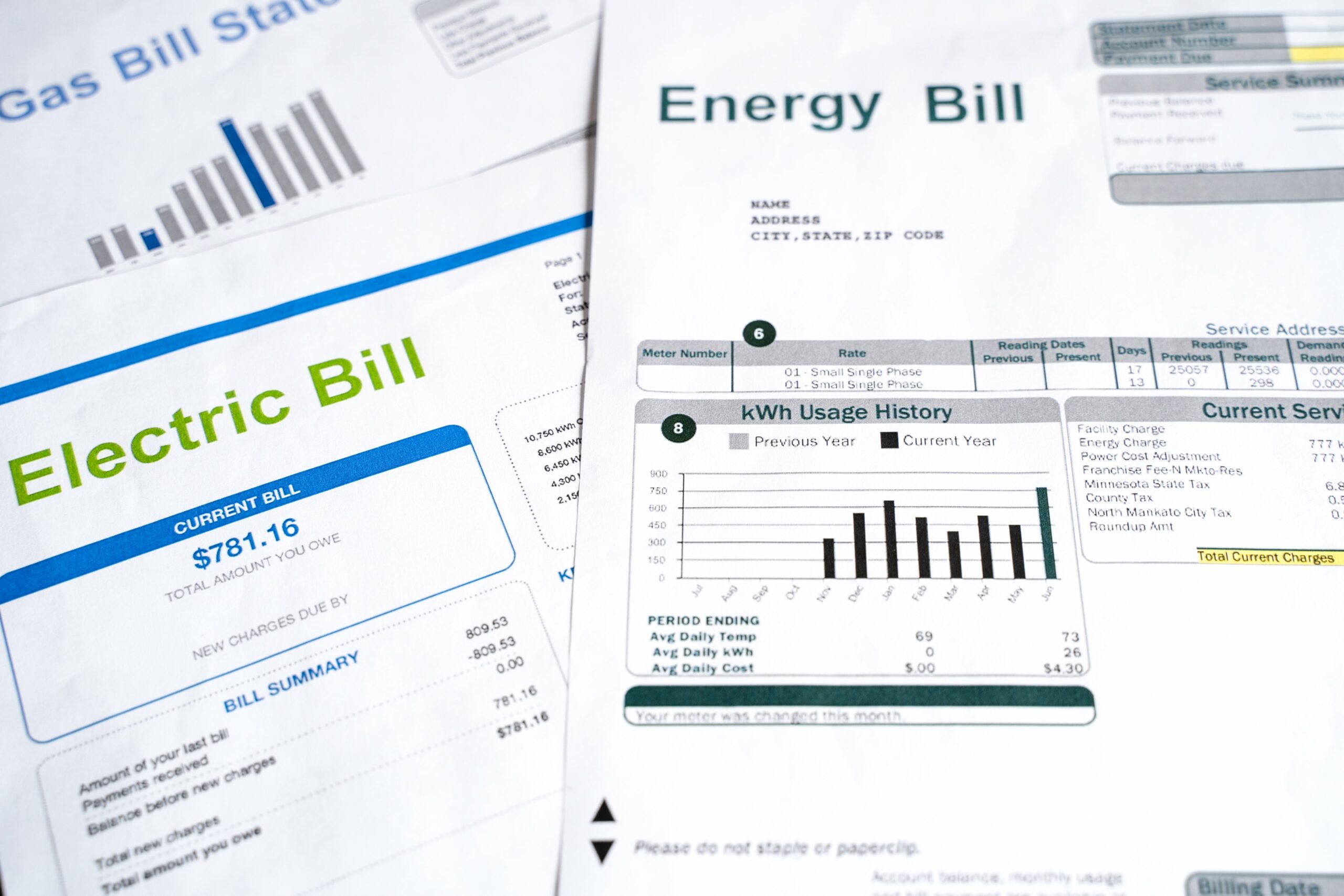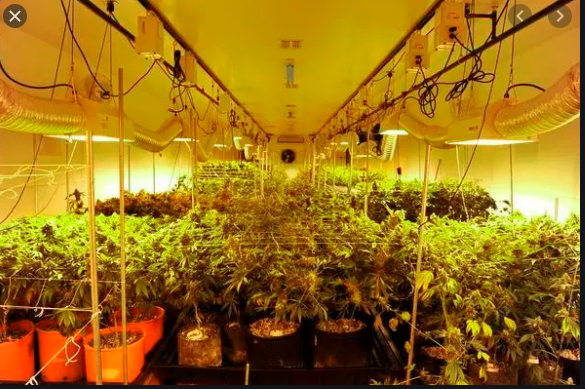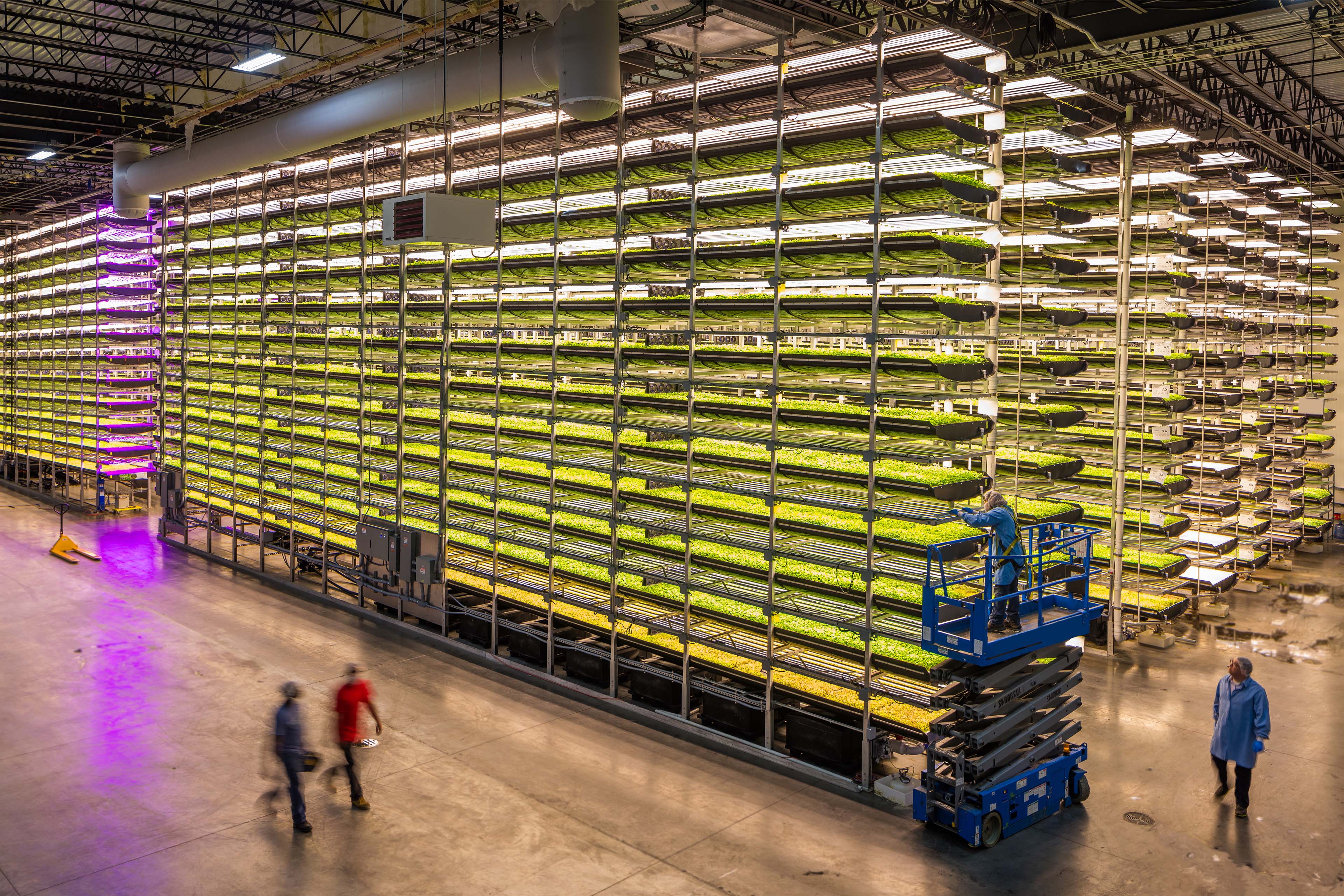jryoung
Well-known member
Third party ownership has been a thing for quite some time.I like it - issue is all those pesky land and building owners who are going to want their cut. Large scale private projects from energy companies would typically want to have control of their equipment on other folks personal property.
A solution could be a government incentive to put solar panels on their personal rooftops and feed back energy into the grid. I imagine that there will be a use fee for using the grid owned by utilities but that could work.
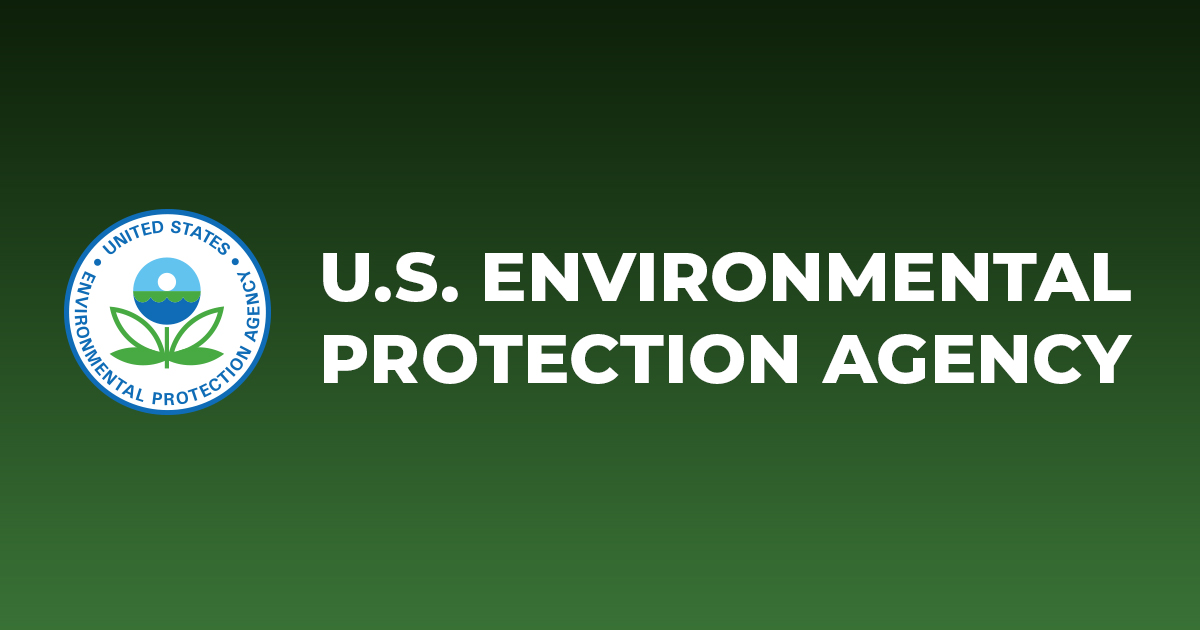
Understanding Third-Party Ownership Financing Structures for Renewable Energy | US EPA
The Toolbox for Renewable Energy Project Development's Understanding Third-Party Ownership Financing Structures for Renewable Energy page provides an overview of solar financing options, including leases and PPAs, and project development resources.




